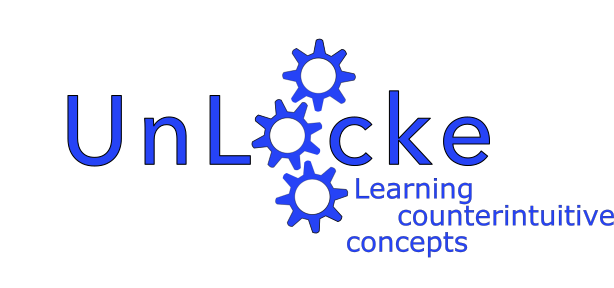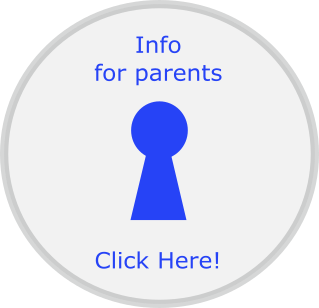Click here for results of the evaluation of Unlocke.
The UnLocke team have designed an innovative maths and science computer-based learning activity that teaches Year 3 and 5 children to think carefully before answering questions. Our researchers want to find out just how effective UnLocke is at improving children's achievements in maths and science. If your child is participating in our project, their involvement will be crucial in helping evaluate UnLocke and contributing to educational neuroscience research to improve children's learning.
If your child’s class is participating in our project, your child may use the UnLocke activity for 15 minutes, 3 times per week, for 10 weeks during maths and science classes. Your child will also complete some short assessments with their class before and after the 10 week programme.
The UnLocke tasks are presented in a game show format led by a friendly character, Andy, who poses questions. Andy and three other contestents guide children through the tasks demonstrating different kinds of reasoning. So far, children who have tried UnLocke activities have found them to be engaging and enjoyable! The tasks they complete as part of UnLocke have been carefully developed by a team of experts in Education and Psychology, to meet the content of the maths and science national curricula for each age group.
As part of out project, your child may instead be involved in the use of a similar learning activity that addresses social skills for learning. This will form part of your child's PSHE lesson.
You will receive an information sheet about our project, and a consent letter allowing you to opt-out if you do not want your child to participate.
Our study has full ethical approval, following the guidelines of the British Psychological Society. All researchers who will be working with children are fully DBS checked, and have years of experience conducting research with children.
We will ensure confidentiality and anonymity when publishing the results of our study and will never name any individual school or pupil.
We are very grateful for your support – without participation we would not be able complete this project and make new discoveries in educational neuroscience that may contribute to improving children's learning.



